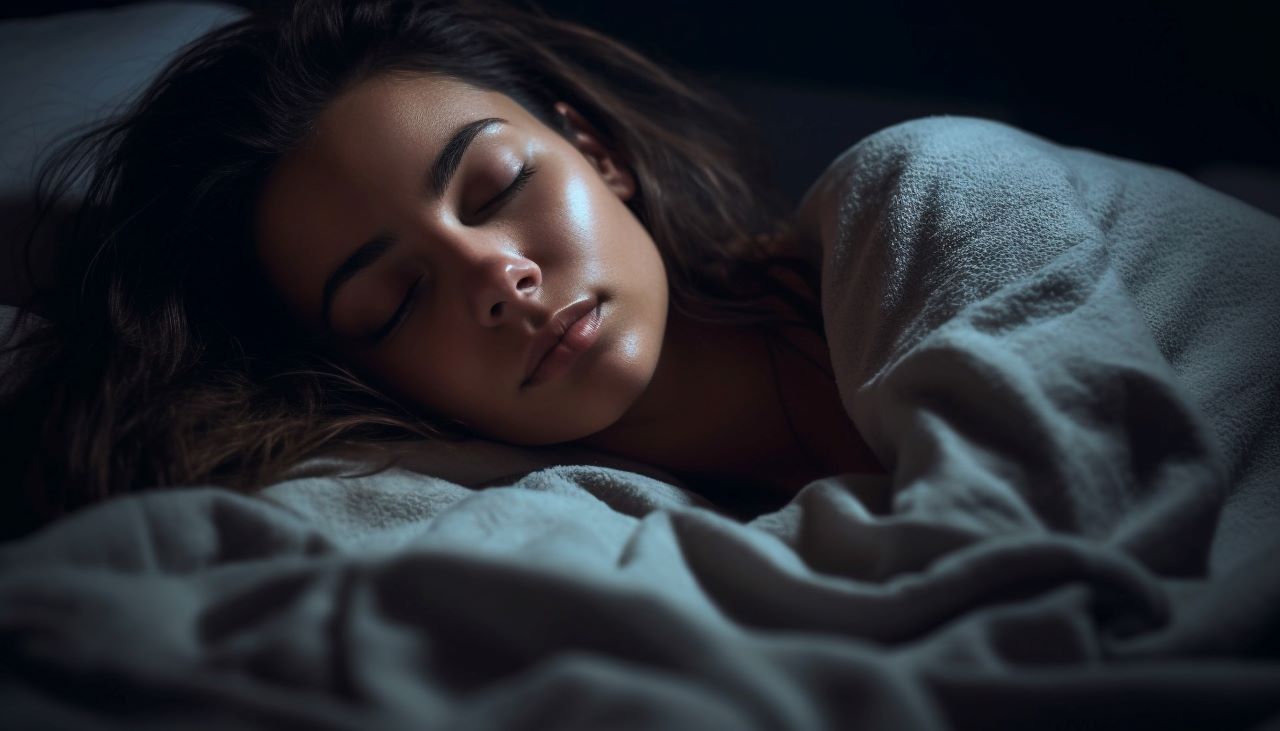Mental Health
Do Women Need Longer Sleep Than Men?

(Photo : Vecteezy / Andres Ramos)
In recent TikTok trends, claims have surfaced asserting that women need substantially more sleep than men.
Wellness podcaster Rebecca Leigh asserted that studies on sleep duration were solely conducted on men, implying women require nine to ten hours of sleep compared to men's recommended seven to eight hours.
However, the assertions lack empirical support, with chiropractor Patrick Flynn later admitting the absence of data supporting the notion of women requiring ten hours of sleep nightly.
Sara Nowakowski, an associate professor at Baylor College of Medicine, affirmed that research suggests a marginal difference in sleep needs between women and men, estimating it to be around 10 to 15 minutes.
A 2013 survey conducted among U.S. adults revealed that women, on average, spent 11 minutes more in bed daily compared to men.
Moreover, sleep needs are influenced by various factors such as genetics, age, and overall health, with the National Sleep Foundation recommending seven to nine hours of sleep for adults aged 18 to 64, with no sex differentiation.
While some studies indicated that women may experience deeper sleep and spend more time in bed, these differences are often influenced by lifestyle factors such as work and family responsibilities, Everyday Health reported.
While extreme cases may warrant ten hours of sleep, such instances are often associated with illness, medication, or sleep disorders. Biological differences, including hormonal fluctuations during menstrual cycles, pregnancy and menopause, may contribute to variations in sleep needs between sexes.
Additionally, women are more prone to reporting conditions such as insomnia, depression, anxiety, and chronic pain, all of which are known to adversely affect sleep quality.
Societal factors such as caregiving responsibilities disproportionately shouldered by women may also impact sleep habits and quality. "If you've exhausted yourself during the day, you're building up a greater biological need to sleep," Nowakowski said, as per The Cut.
The survey, which highlighted women's slightly longer sleep durations, noted the most significant differences among women who were partnered or living with children, reporting an average of approximately 30 minutes more in bed.
"Getting up to take care of others, a task disproportionately performed by women, is highly disruptive to sleep and may reduce overall sleep quality," the authors wrote.
"Therefore, another way to think about gender differences in time for sleep is to ask whether they are large enough; even an extra 30 minutes of sleep for mothers might not compensate for their greater likelihood of waking to provide care."
Despite the recommended sleep duration, a significant portion of U.S. adults fail to meet these guidelines, increasing their susceptibility to various health ailments.
However, individual sleep needs remain subjective, with experts advising individuals to gauge their sleep adequacy based on personal feelings of alertness and vitality rather than adhering strictly to gender-based recommendations.









Join the Conversation